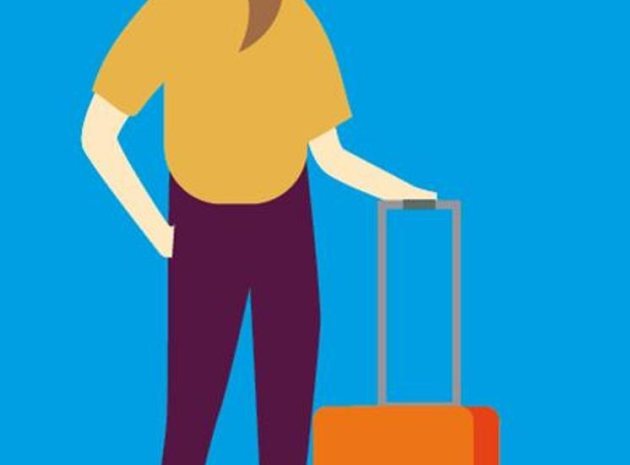Q Every year, like many schools, we take our Year 9s on a tour of First World War Battlefields, as part of their 20th century history studies. We tend to shop around when it comes to tour providers, and have always declined the offer of an ‘official’ battlefields guide, as it seems like an unnecessary extra expense that we would have to pass on to parents, when we have specialist teachers on the trip already. However, a new member of staff has now joined the history department from another school, and is expressing astonishment that we would do this. According to him, there is simply no substitute for the in-depth knowledge provided by members of the International Guild of Battlefield Guides – and students’ understanding of WWI is exponentially enhanced by what they have to offer. Is he right, do you think? Or is it more about enhancing the experience with an added touch of drama/storytelling?
A We work with guides from the International Guild of Battlefield Guides as we believe they can add a great deal to a school group tour. The key to it is selecting the right guide for your itinerary. Whereas your own knowledge has to cover a multitude of topics, many guides specialise in a specific geographical area or battle. Subsequently, their specialist knowledge is invaluable on tour. They know off the beaten track destinations to visit, have detailed stories to bring events to life and can fire the imagination of your students. Many are ex-military and have insider information on weapons or warfare tactics that add to the student learning.
In practical terms, having another pair of hands on tour is also incredibly useful. Quite often, challenges such as the weather, road hold-ups or large groups can slow down your itinerary and having a knowledgeable guide on hand who knows the area well and can suggest alternative cemeteries or craters not covered on the usual route is invaluable.
Feedback from those schools who take a guide with them is always positive. Many request the same guide each year, testament to their ability to inspire and enhance the student’s experience.
Q I teach French and German in a small secondary school on the SE coast of England. Our location means that taking students across to mainland Europe for day trips is particularly achievable (and affordable), so we have tended to make this kind of excursion a regular feature across all year groups. However, over the last couple of years we have noticed take-up for these visits decline slightly – and careful discussion with parents and governors reveals that anxiety about the possibility of a violent incident is playing a significant part. Should we perhaps pull back our day trip offer and focus instead on a single, residential opportunity for older students? Or is there a positive way we could address parents’ concerns and reinspire enthusiasm for the day trips, which we are in a lucky enough position to be able to offer, and benefit our young people so much?
A We all agree, there is no substitute for students practising languages in real life situations. I would encourage you to continue inspiring your students to travel and use previous year’s case studies to reassure individuals and promote your excursions. Living where you are, it would be a shame to lose such valuable content when you can access it so easily.
Many of the schools who travel with us do build their length of stay as students get older. Younger pupils have taster days out then move on to overnight stays in France followed by residential tours to Germany and Spain for three or four days. This increases both their and their families confidence in spending time abroad.
If the concerns are regarding terrorist acts, why not choose lesser known or less densely populated destinations such as the Opal Coast or Bologne? In Germany, areas such as the Moselle and Rhine valleys could provide ideal locations for longer stays.
When talking to parents and carers, always emphasise you are using a member of the School Travel Forum or Learning Outside the Classroom’s Quality Badge holder. All operators in these schemes must meet strict health and safety guidelines and will help you with risk assessment prior to travel. We all follow published government guidance for travelling abroad and we are constantly monitoring developments. For example, we are seeing improvements in delays since the dispersal of the camps at Calais. Many will track their vehicles, even when abroad, will provide a 24 hour telephone helpline in case of emergencies and the drivers are trained to a very high standard.
Taking a school trip abroad can be a captivating experience for most young people and often their first introduction to the world of travelling. Talk to your tour operator for more ideas about how to develop your itineraries to ensure you continue to offer this valuable part of their development.
Ask the expert
Dan Rogers is Galloway School Tours General Manager and heads up the Schools Division. Having worked in the travel industry for over 20 years, and at Galloway since 2008, his knowledge of organising school tours is extensive. To ask for a no obligation quote for your next school tour, call 01449 767778 or email schools@ gallowayeuropean.co.uk. More details can be found at www.gallowayschools.com










